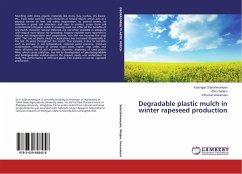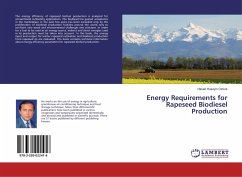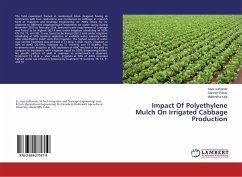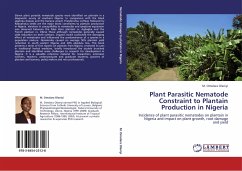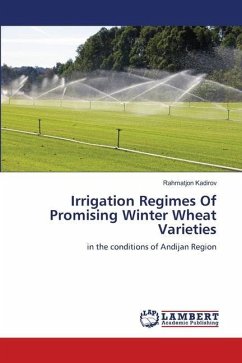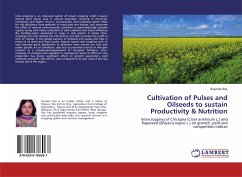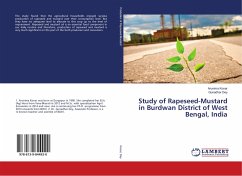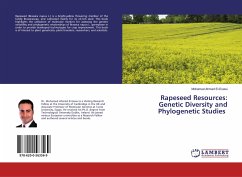Mulching with some organic materials like straw, hay, trashes, dry leaves, etc., have been used for many centuries as natural mulch, which acts as a physical barrier to limit soil water evaporation, to control weeds, to maintain a good soil structure and also to protect crops from soil contamination.Organic mulch if properly used can offer all the benefits of any mulch. However natural materials are not often available in adequate and require more labour for spreading. Organic mulches were reported to reduce soil temperature and evaporation, but did not increase the crop yield. The use of plastic mulch in agriculture has increased dramatically in the last 15 years throughout the world. This increase is due to benefits such as increase in soil temperature, reduced weed pressure, moisture conservation, reduction of certain insect pests, higher crop yields, and more efficient use of soil nutrients. However, disposing of used plastic films, which cause pollution, has led to development of photodegradable and biodegradable mulches.Hence the present study was undertaken to study the performance of different plastic film mulches in winter rapeseed production
Bitte wählen Sie Ihr Anliegen aus.
Rechnungen
Retourenschein anfordern
Bestellstatus
Storno

